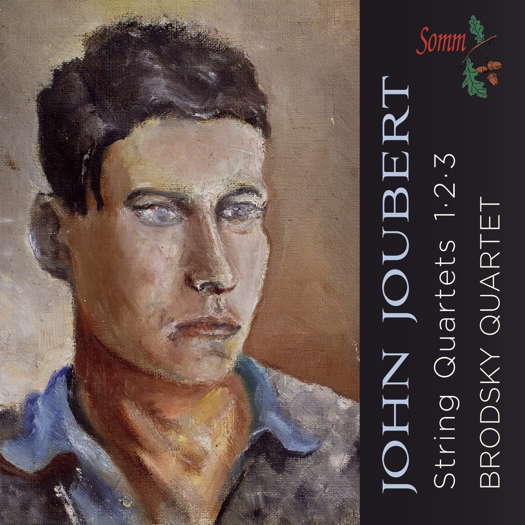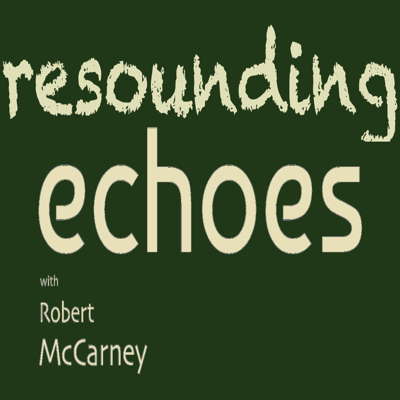ARTICLES BEING VIEWED NOW:
- Tan Dun
- Régine Crespin
- Igor Luchenok
- Alan Shulman
- Hector Berlioz
Berthold Goldschmidt
German Jewish composer Berthold Goldschmidt was born in Hamburg on 18 January 1903, and, whilst studying philosophy at Hamburg University, was encouraged as a composer by Ferruccio Busoni. He studied composition with Franz Schreker at the Berlin Hochschule für Musik. He also studied conducting and coached the choir for the first performance of Schoenberg's Gurre-Lieder.
Goldschmidt won the 1925 Mendelssohn Prize for his Passacaglia, Op 4, and in 1932 his opera Der gewaltige Hehnrei received its first performance in Mannheim.
Unfortunately, the Nazis then destroyed Goldschmidt's livelihood, and he had to resort to giving piano lessons before leaving Germany, in 1935, for England, where he spent the rest of his life. He then served as music director (1944-47) of the BBC's German Service, took conducting jobs and continued to compose.
Due to the British establishment's indifference to his music, he gave up composing in 1958, working instead with Deryck Cooke on a performing edition of Mahler's Tenth Symphony, conducting the first performance of this realisation at the London Proms on 13 August 1964.
He resumed composing in 1982 and the following year, a run through of his opera Der gewaltige Hehnrei in London attracted attention, and this led to him being taken on by Boosey & Hawkes and to performances of his music in Germany and the USA.
Berthold Goldschmidt died in London on 17 October 1996, aged ninety-three.
A selection of articles about Berthold Goldschmidt
Ensemble. Energising Freshness and Exuberance - Malcolm Miller listens to string quartets by three émigré Austrian-born composers
Classical music news - Music, Migration and Mobility - Malcolm Miller previews a new exhibition in London about émigré composers
Ensemble. Choral centenary - Malcolm Miller enjoys two seldom-performed works by Berthold Goldschmidt



